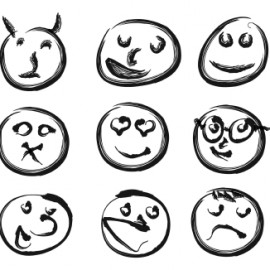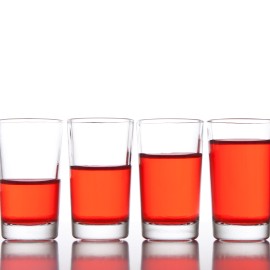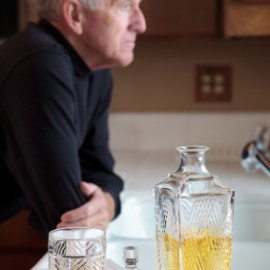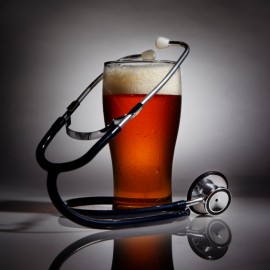Topic: signs and symptoms
Trapped: Helping Clients Avoid Relapse
Would have been easy enough to avoid, had I seen it coming. Unfortunately the brain I was using to make decisions was the addicted one. It was not a friend to recovery.
Topics: addiction and the brain, craving, patient education, relapse, signs and symptoms, tobacco
Alexithymia: What’s That Feeling?
It’s as if the addict is so accustomed to just acting on impulse that he/she has lost touch with the source of the impulse — ordinarily a negative emotional state such as anxiety, anger, sadness, etc.
Topics: communication, counseling skills, emotional issues, groups, signs and symptoms, therapies and tools
What is a “Safe” Drinking Level?
Problems with alcohol are better defined in terms of the problems themselves than some arbitrary amount consumed.
Topics: alcohol, loss of control, recognizing addiction, signs and symptoms
Why Do Alcoholics Drink?
If you’re happy with your program of recovery, find another therapist who believes in letting the client direct the course of therapy.
Topics: alcoholism, diagnosis, disease, disease model, models of addiction, recognizing addiction, signs and symptoms
Alcoholism in the Hospital
The medical professions have been dealing with alcoholism and alcoholics for thousands of years, and this experience has led to some pretty hard and fast views on the subject.
Topics: alcoholism, detoxification, disease, health care, recognizing addiction, signs and symptoms
Rehab Soundbyte: Flight Delay
Topics: addiction and the brain, detoxification, Rehab Soundbytes, signs and symptoms
Why Don’t Physicians Refer People for Treatment?
A patient said he’d visited a local family clinic three times in the past year for drinking-related problems and the physician never once mentioned that he needed treatment.
Topics: assessment, clinical management, diagnosis, health care, marketing, physicians, recognizing addiction, signs and symptoms
Can I Help My Boyfriend Stop Drinking?
Once someone with alcoholism acknowledges the need for professional help, even insincerely, the biggest obstacle is gone.
Topics: co dependency, communication, getting help, negotiation, promoting recovery, recognizing addiction, signs and symptoms















